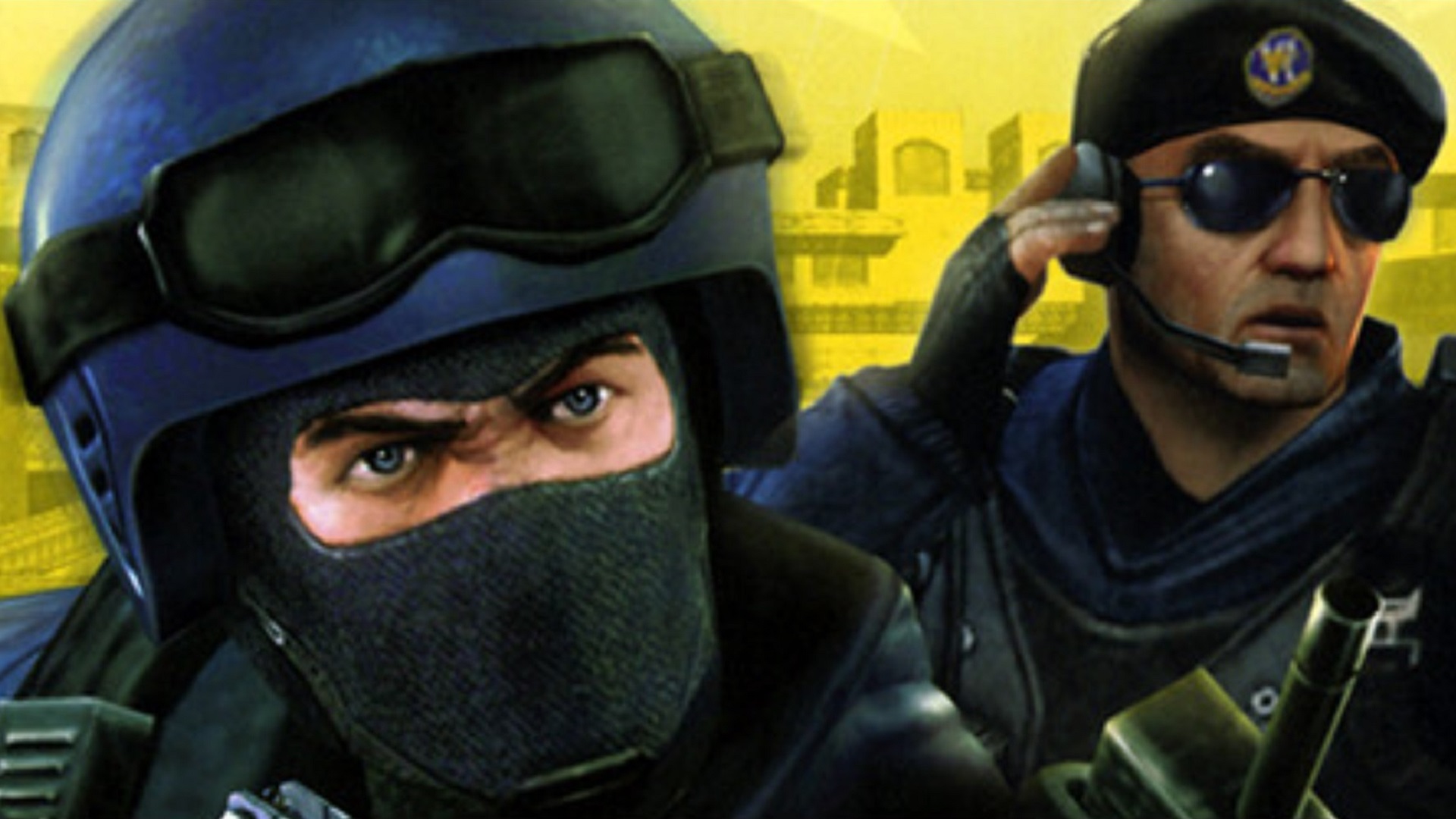The authors of the long-in-development Classic Offensive mod for Counter-Strike: Global Offensive have shared a message to Twitter that it has been rejected from release on Steam and its app retired after eight years of development. I have sent a request for comment from Valve and will update this story if I hear back, but the rejection may be due to Source engine workarounds used by the team when creating the mod.
In a post on December 29, the Classic Offensive team wrote that they had submitted a build of the mod for review in October, and that they were still waiting to hear from Steamworks despite a usual turnaround of three to five business days. On January 11, the Classic Offensive team shared a longform message stating that Valve “retired our app without any reason explained. This is devastating as we’ve worked on the project for almost eight years.”
pic.twitter.com/7Z07uD8MqqJanuary 11, 2025
Classic Offensive was approved by Steam’s now-defunct Greenlight program in 2017, with mod team leader ZooL indicating that he was experimenting with CSGO modding as early as 2015—we first reported on the project back in 2016. Classic Offensive was positioned as a sort of CS 1.6 revival built in the latest iteration of the Source engine—Counter-Strike’s different versions command a similar schismatic devotion to the various entries of the Super Smash Bros. series—with art, sound effects, animations, and mechanics that all hewed closer to the GoldSrc era of Counter-Strike, but touched up with modern production values and features. Classic Offensive was also positioned by its creators as a more pure, stripped down alternative to the cosmetic and microtransaction-laden CSGO.
The Classic Offensive team stated that it did not use leaked Source engine code, despite having the opportunity to do so, in order to keep things above board. The Classic Offensive team also said that they had been in contact with developers at Valve who were interested in the project, and that they had responded to requests from Valve’s legal team like removing “Counter-Strike” from the project’s name.
“Nobody at Valve told us to stop what we were doing during all those years, no sort of formal request, yet this feels like an even worse form of Cease and Desist at this point,” the Classic Offensive statement reads. “Many people at Valve are aware of our and many other projects, yet have refused to communicate since late 2020. We feel like we were treated unfairly, and have been blinded by our passion for the game, as many projects did before.
“We now feel required to tell any modding team related to Valve projects to reconsider what they’re doing if their sole way of releasing is through Steam, especially multiplayer mods, as they will probably get rejected the way we did. We do not think our case is an isolated one at all.”
The hard work of the Classic Offensive team being allowed to continue to the last second before getting rejected is gutting, and this situation would have been ameliorated with clearer communication from Valve, whether positive or negative. At the same time, we might be able to deduce what led Steamworks to reject the mod. Users SlayerN and abyssalsolitude on Reddit’s r/pcgaming and r/games respectively pointed to posts from the Classic Offensive team back in 2022.
“Following [Valve’s] update on modding and license access,” reads a Classic Offensive tweet from June 4, 2022, “it is now very clear that our only solutions are now either cancelling the project or hacking the core files on every security update in order to fix our mod-breaking issues.” In a follow-up tweet, the Classic Offensive team wrote, “There is no leaked code involved. We’re using a build from 2020 that has security exploits and a hacked dedicated server to be able to even play online while working internally.”
In a ModDB update from around the same time, the team wrote, “When we passed Steam Greenlight back in 2017, we had a few email conversations with Valve and CS:GO devs, where we got to explain issues we had with modding CS:GO and how we could remedy them. Sadly, it never really got anywhere. Two years later we asked about getting a license to access their source code, which didn’t result in a positive answer.”
Absent that license and CSGO source code access, the mod would not have been able to support online play due to CSGO’s security updates. “The only solutions are to patch the game ourselves through plugins/binary patching, wait for them to fix it (it’s been 6 years), or release an unsafe version that didn’t have those issues (way too old and risky),” the team wrote.
“You’ve guessed it, we got tired of sending them emails and went the patching route to continue our work, which is extremely complicated and requires us to be careful about how we go about it,” the Classic Offensive team wrote. “For legal reasons, we cannot use the source code that got leaked, meaning we’ll have to patch the existing binaries released with CS:GO’s latest security fixes.”
I’m sympathetic to the Classic Offensive team: The project is a longtime, noncommercial labor of love that’s eaten up its creators’ free time for the better part of the past decade. Faced with a choice of abandoning 6 years of work on a largely modding-unfriendly game or rolling the dice on “hacking the core files on every security update,” the route they went with makes sense, especially absent clear word either way from Valve. Much of the company’s mystique comes from its black box nature, the inscrutable pint-sized powerhouse that remade PC gaming. The dark side of this can manifest in examples of uneven moderation and approval of games on Steam, complaints from former employees about its freeform internal structure, and whatever happened last summer with Deadlock.
At the same time, while not explicitly forbidden by Valve’s guidelines on distributing Source engine games and mods, Classic Offensive’s ad-hoc digital scaffolding around Global Offensive—a game Valve has retired and does not support, whether you agree with the decision or not—strikes me as something reasonable for the company to be circumspect of. Meanwhile, Classic Offensive’s rejection by Steamworks doesn’t seem to have come entirely out of the blue: The licensing question was a frequent topic in Classic Offensive development updates. This feels like a story with room to develop, though, and I’m hopeful Valve might reconsider the decision or find a way to accommodate Classic Offensive.











